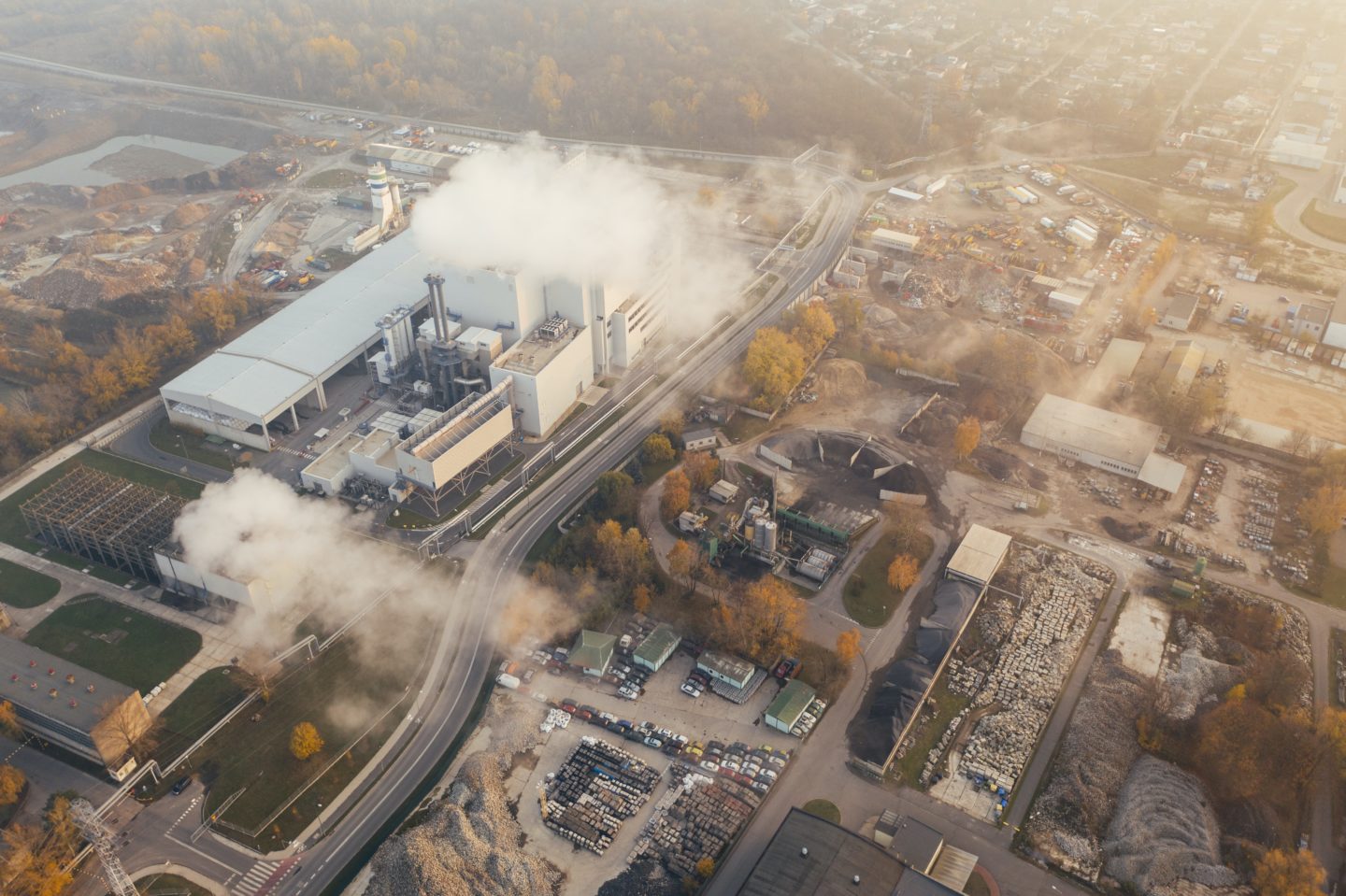In December 2020, a small activist hedge fund named Engine No. 1 sent a letter to ExxonMobil’s board warning it was ready to wage an activist campaign against the supermajor. A year later, Engine won a stunning victory when it secured three seats on Exxon’s board with a mandate to pursue a future beyond fossil fuels.
Exxon is far from alone in being targeted by activism. Whether from their shareholders, employees, or consumers, companies across sectors are coming under sustained pressure from social and environmental movements to address environmental, social, and governance (ESG) problems.
But while activists are waging campaigns against businesses, there is an increasing recognition that collaborations between foes are going to be critical to making progress on ESG issues. For instance, a relationship between McDonald’s and the Environmental Defense Fund (EDF) reduced waste by 30% in the world’s largest fast food chain, eliminated 150,000 tons of packaging, and led…


